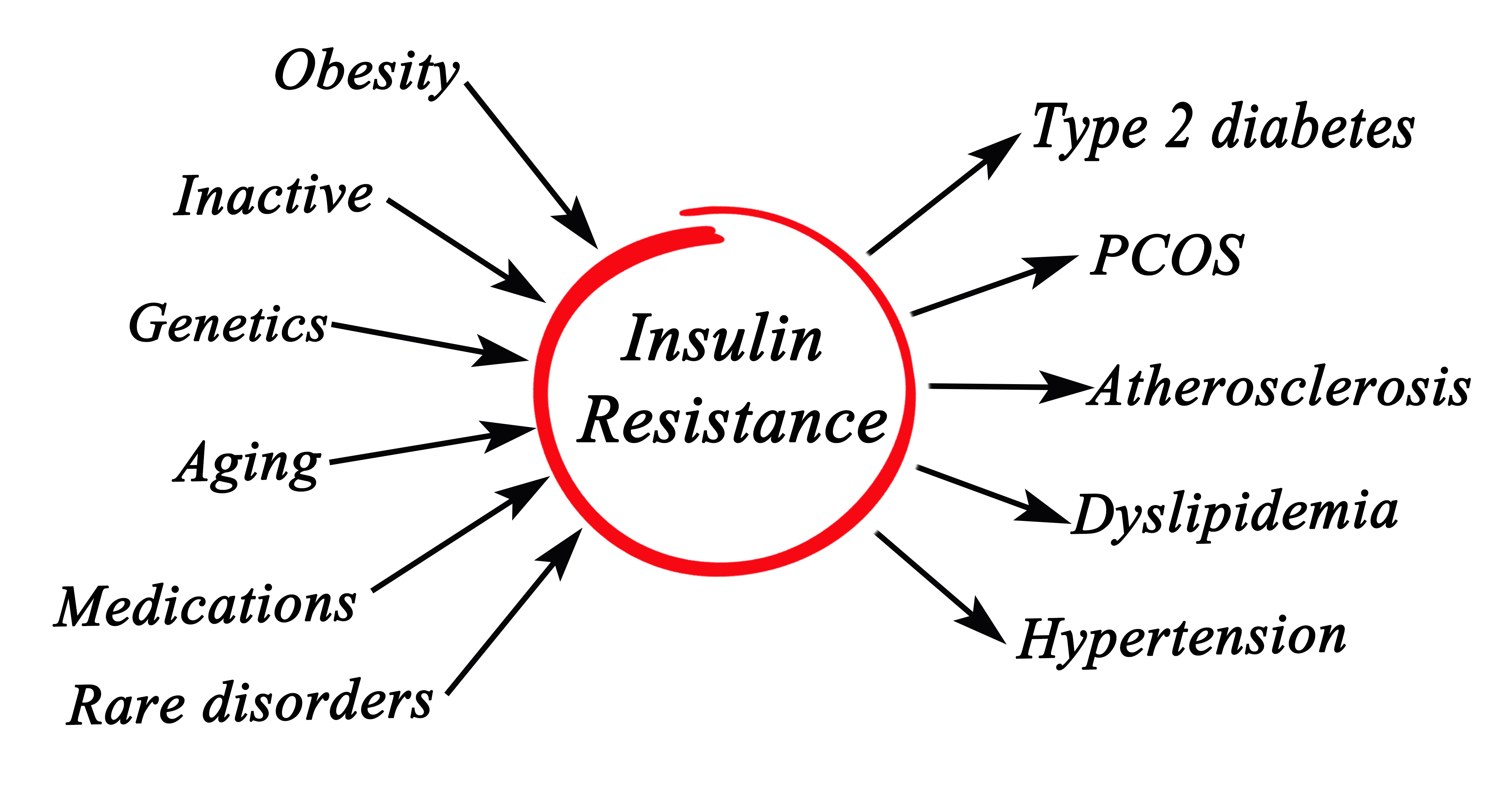Don't just live.
Live Empowered
PCOS
What is PCOS
Polycystic Ovarian Syndrome is a health condition that affects 1 in 10 women in the worldwide. PCOS is caused by an imbalance of the hormones in your brain and ovaries. This happens when a hormone called LH (luteinizing hormone) or levels of insulin are elevated, which then causes the ovaries to make extra amounts of Testosterone, Estrogen and not enough Progesterone. Women with PCOS usually have Insulin Resistance, which means the cells in the body are resistant to the effect of normal levels of insulin. To keep the blood sugar normal, more insulin is then produced. The increase of the insulin in the body causes the ovaries to make too much testosterone. High levels of testosterone and insulin interfere with the development of follicles in the ovaries. As a result, this causes problems with ovulation.
A common misunderstanding from being diagnosed with PCOS is that you must have cysts on your ovaries. It can be a symptom but does not guarantee that you do have PCOS.
Symptoms of PCOS
Polycystic ovary syndrome (PCOS) is caused when a woman's hormones are out of balance. Hormones are checmical messengers that control many aspects of our bodies including telling other hormones to work. A woman's body produces a small amount of male sex hormone, androgens. With PCOS a woman's body produces too much of the male sex hormone. This hormone happens naturally, however with too much of it, it can cause ovarian cysts.
Acne or oily skin
Depression
Excessive hair growth on face, chest, stomach or thighs
Infertility
Irregular menstrual periods
Patches of thick skin
Pelvic pain, sometimes severe
Weight gain
There is hope, call today!
Diagnosed
Diagnosed
To get a more accurate diagnosis for PCOS it is best to get your hormone levels checked with your healthcare provider at the beginning of your cycle. For example, a test to measure Testosterone, Luteinizing Hormone (LH), Follicle-Stimulating Hormone (FSH), DHEA and a few more hormones.

Treatment
Currently there is no cure for PCOS. However, the symptoms can be treated. A healthy lifestyle is important to prevent long-term problems. Maintaining a low sugar and carbohydrate diet is key to trying to keep your hormones balanced. Contact your health care provider for additional treatment options.
